يحاول ذهب - حر
REVIVING THE FESTIVE SPIRIT
Christmas 2023
|BBC History Revealed
A Christmas Carol wasn't just a bestseller - it changed the way that Britons chose to mark the festive season

Contrary to popular belief, Charles Dickens didn't invent Christmas. However, by the time he sat down to write A Christmas Carol in 1843, the observing of the festive season in Britain was, at the very least, not the great festival celebrated in its medieval heyday. What the tremendous success of A Christmas Carol did - alongside Prince Albert gifting the young Queen Victoria a spruce-fir for a Christmas tree three years earlier - was to both revive and reinvent the festivities in this country, returning it towards a level of popularity enjoyed across continental Europe, particularly in Albert's native Germany.

CHANGING OPINIONS
هذه القصة من طبعة Christmas 2023 من BBC History Revealed.
اشترك في Magzter GOLD للوصول إلى آلاف القصص المتميزة المنسقة، وأكثر من 9000 مجلة وصحيفة.
هل أنت مشترك بالفعل؟ تسجيل الدخول
المزيد من القصص من BBC History Revealed
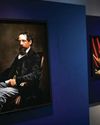
BBC History Revealed
'Dickens's evocation of the fears, excitement and confusion of childhood is peerless'
DR LEE JACKSON ON WHY CHARLES DICKENS REMAINS RELEVANT TODAY
2 mins
Christmas 2023
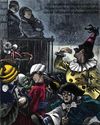
BBC History Revealed
THE AUTHOR GOES ABROAD
Dickens expanded his horizons and boosted his fan-base by venturing overseas - but global fame came with a cost
4 mins
Christmas 2023
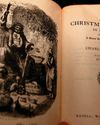
BBC History Revealed
REVIVING THE FESTIVE SPIRIT
A Christmas Carol wasn't just a bestseller - it changed the way that Britons chose to mark the festive season
3 mins
Christmas 2023
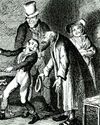
BBC History Revealed
GIVING THE POOR A VOICE
From Hard Times to Oliver Twist, Charles Dickens used his pen to help illuminate the lives of the less fortunate
3 mins
Christmas 2023
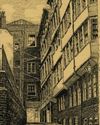
BBC History Revealed
A JOURNEY THROUGH DICKENS'S LONDON
The works of Charles Dickens are synonymous with visions of Victorian London. We talk to Dr Lee Jackson about the author's love of the capital, and the locations that most inspired him
11 mins
Christmas 2023
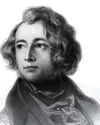
BBC History Revealed
EXCEEDING EXPECTATIONS
Dr Lee Jackson chronicles Charles Dickens's journey from down-at-luck teenager to titan of Victorian literature
6 mins
Christmas 2023
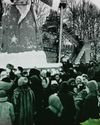
BBC History Revealed
GIFTS, TREES & FEASTING
We take a journey through the photo archives to reveal how Christmas and its many traditions have been celebrated over the years - and around the world
3 mins
Christmas 2023
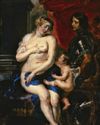
BBC History Revealed
WHAT GREAT PAINTINGS SAY
We explore the story behind an allegorical painting that celebrates the triumph of love over hate, peace over war
3 mins
Christmas 2023
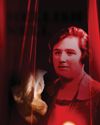
BBC History Revealed
HELLISH NELL
Malcolm Gaskill delves into the life of Helen Duncan - the fraudulent Scottish medium whose ectoplasm-filled seances saw her ending up on the wrong side of the law
6 mins
Christmas 2023

BBC History Revealed
7 THINGS YOU (PROBABLY) DIDN'T KNOW ABOUT THE WHITE HOUSE
Presidential historian Dr Lindsay M Chervinsky reveals some of the most surprising facts about the world-famous US residence
5 mins
Christmas 2023
Translate
Change font size
